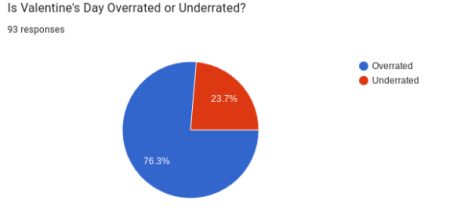Diversity won’t fix the Oscars
May 24, 2021
The Oscars are the most watched and prestigious award show in Hollywood, but they are also deeply problematic. The Academy, the group of people who vote on who wins the Oscars, has little diversity in its make-up. There’s also little diversity in the recipients of the awards. For example, there are no black members in the Academy, and only one black woman has ever won Best Actress with only two women ever winning Best Director– the first in 2010 and the second in 2021.
Diversifying the Academy and the award winners, though, won’t fix the Oscars because it is too little too late, and any attempt to diversify the awards will come off as inauthentic.
An example of this is “Parasite” winning Best Picture in 2020 along with various other awards. On the surface, this would seem fantastic, a phenomenal Korean film being recognized with the most prestigious award in film. However, it is not the stride forward that many would believe it is. The entire category of Foreign Films even existing implies that these movies need to be othered from the English movies, so “Parasite” being nominated for Best Picture and not Best Foreign Film was entirely performative.
If diversity won’t fix the Oscars, then there is only one step left to take. Stop watching the Oscars.
The award show has already experienced a tremendous drop in ratings. In the year 2000, 46.33 million people watched the Oscars. That number dropped to just 9.85 million in 2021, according to Statistica, a company that specializes in market and consumer data.
This drop is most likely due to the rise of social media. Celebrities have always been a mainstay in culture. In the past, the way content was obtained from these celebrities was limited: film, TV and magazines. Therefore, when award shows rolled around and the public got to see these celebrities and watch them interact with each other, it was a much bigger deal. Now, with the rise of social media, the public no longer is vying for that content because it is given to them 24-7 for free. So, the need for the Oscars is going down, not just because people have chosen to boycott it for its lack of diversity, but because it holds less cultural value.
A valid counter to the suggestion of boycotting the Oscars is that the event is still very important to the people being honored through it. It is also still sentimentally valued by much of the public despite the decreased interest.
“The Oscars clearly enjoy a higher level of prestige,” said Alexander Kapatos, English teacher who also has taught Film as Literature.
An alternative would be to watch a more diverse award show, of which there are many, but this has its complications as well.
“There are entirely too many of these things. They have all tried to supplant the Oscars in importance, but the Academy Award is still the most coveted,” said Jonathan Meier, the director of Mundelein Theatre.
The problem with the idea of just watching a different award show is that it takes decades to cultivate that level of prestige, and no other award show has been able to overtake the level of prestige the Oscars hold. A middle ground, then, can be achieved. Let the people honored enjoy the recognition, but at the same time, the public should not treat the wins as the end-all-be-all of the entertainment industry.
